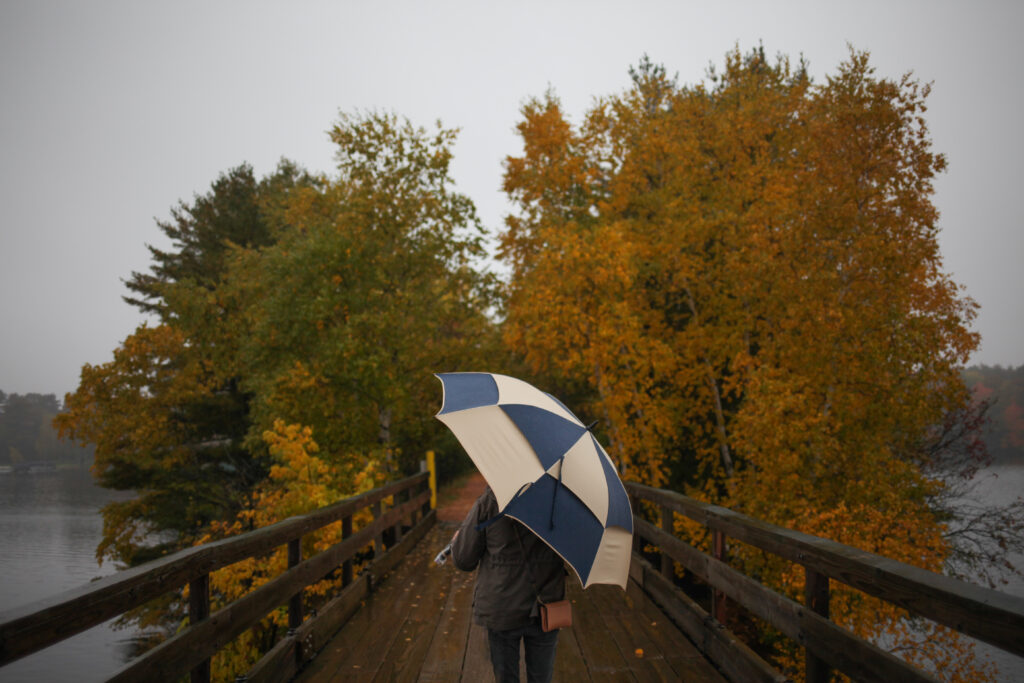As the leaves change and the days get shorter, many of us start to feel a shift in our moods. Maybe you’re noticing that your energy is dipping or your motivation is waning as fall and winter roll in.
Sure, the autumn colours are pretty and you get to wear cozy clothes for sweater season, but something in your mind just feels a little different …
You’re not alone!
Seasonal changes can significantly affect our mental well-being, leading to feelings of sadness, anxiety, or even a lack of focus. But here’s the good news: psychotherapy can be a fantastic way to navigate these seasonal mood changes.
First off, let’s talk about what happens during the fall and winter months. With shorter daylight hours and the holiday hustle, it’s easy to feel overwhelmed or isolated. These changes can trigger Seasonal Affective Disorder (SAD), a type of depression that typically hits during the colder months. Enter psychotherapy, your trusty sidekick in managing these feelings.
Talking to a therapist can help you unpack the emotions you’re experiencing.
It’s a safe space where you can explore what’s bothering you—be it the stress of holiday expectations, the impending winter blues, or even just a general sense of unease. Your therapist can equip you with tools and strategies to cope with these changes, helping you to reframe your thoughts and find joy in the season.
Moreover, therapy provides a sense of connection. It can be comforting to talk to someone who gets it and can offer a fresh perspective. Whether it’s cognitive-behavioural therapy (CBT) techniques to combat negative thinking or mindfulness practices to stay grounded, there’s a ton of ways a therapist can help you navigate this tricky time of year.
So, as the air turns crisp and the nights get longer, consider giving psychotherapy a shot. You might just find it’s the boost you need to embrace the season instead of dreading it!
“Feeling the weight of the cooler months is more common than you might think.
As an RN, Psychotherapist, I help my clients explore personalized strategies to navigate winter with greater ease and comfort, finding warmth and peace even in the coldest seasons.”

Zara Fischer-Harrison
BScN, RN, Psychotherapist













